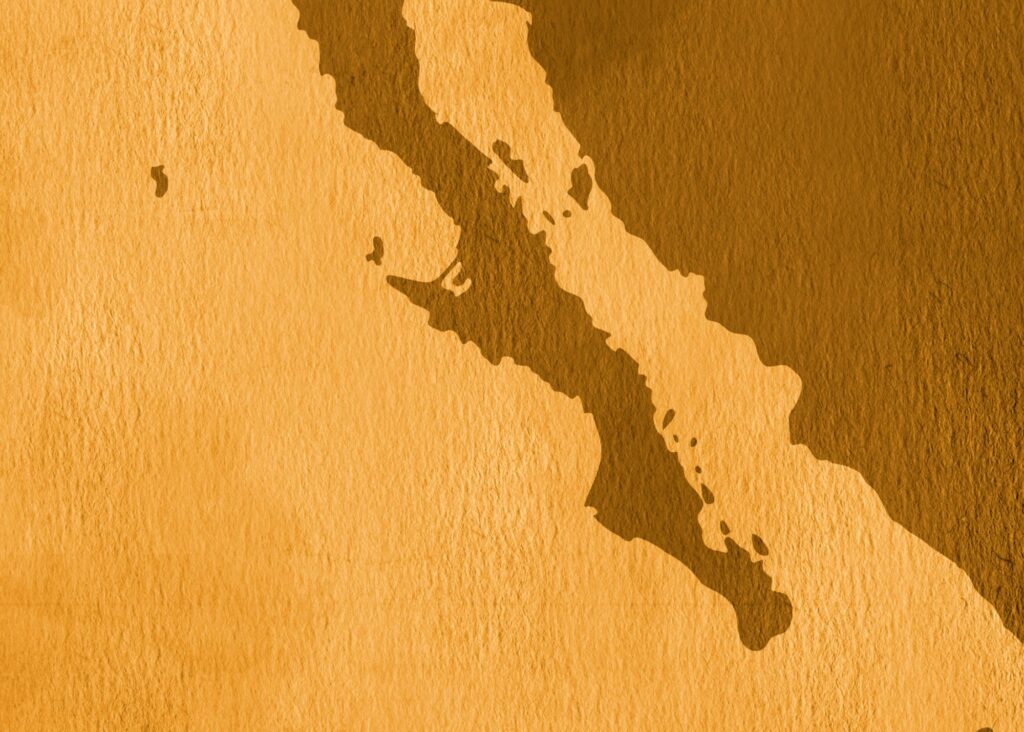At Abogados Cabo we know that declaring a person interdicted in Mexico is a judicial process where a person is declared incapable of contracting obligations and making decisions about their rights and assets.
Therefore, he/she needs a guardian to legally represent him/her in order to protect his/her rights and to be able to contract legal obligations.
A frequent case of interdiction in Mexico is that of persons suffering from Alzheimer’s disease.
Faced with this incapacity, a family member may request the interdiction so that a judge may appoint a guardian to protect the rights and assets of the incapacitated person.
If you need to know what is necessary to declare a person interdicted in Mexico, this article will be very useful for you.
What does it mean to declare a person interdicted in Mexico?

Interdiction is a legal figure found in Articles 23 and 450 of the Civil Code of Mexico City.
The interdiction of a person is established by means of a judicial resolution.
That is to say, it is a family judge who issues a sentence that legally incapacitates a person who already suffers from a physical, intellectual, mental, sensory and emotional disability.
The person declared in a state of interdiction will not have legal capacity to:
- Sign a contract,
- Open a bank account,
- Rent a real estate property,
- Nor assume any legal obligation.
The spirit of the law, according to experts, is to protect the interdicted person from third parties who want to take advantage of his or her condition.
There have been many cases where, for example, caregivers take advantage of elderly people with mental incapacity to sign assignments of assets and grant them rights that then leave the person deprived of their assets.
Legal Controversies
It should be noted that there is controversy with this legal figure of interdiction in Mexico.
In this regard, being an old legislation, many legal specialists point out that these articles of the law violate international human rights treaties that are currently in force.

It also violates the treaties of the Convention on the Rights of Persons with Disabilities.
Although, the changes that this procedure should have are still being discussed and steps have been taken to adapt the law to the current reality with some reforms, it is a legal figure that is still in force and continues to be used.
Examples
An example of this is the case that was made visible in the media:
- It was about a boy who was born with cerebral palsy, whose parents started a lawsuit for voluntary interdiction.
- The objective was that he would not be left in a legal limbo and could be entitled to insurance payments, to inherit his parents’ property and even to obtain the necessary permits for some surgeries he would need in the future.
- However, one might think that it would be natural for his parents to be his legal guardians, but upon reaching the age of majority they began to see that legally this was not the case and that their son, now as an adult and disabled, would be left in a kind of legal limbo.
- It was a problem to request legal documents such as her passport, among other procedures as mentioned above.
- For these reasons, they resorted to the figure of interdiction for the mother to be declared the legal guardian.
- And subsequently a guardian is appointed to supervise the guardian’s actions.
- To ensure that the provisions of the judge’s sentence are complied with.

How is an interdiction process carried out?
1. A person, who may be a father, mother, child, relative or third party, must request the interdiction process in a family court corresponding to the domicile of the alleged interdicted person.
In this proceeding a parental authority of the incapacitated person is requested as a kind of parental authority.
2. The applicant must present a medical report with the diagnosis and prognosis of the person’s incapacity or illness.
All of this evidence must be presented to the court to prove to the judge that the person is truly incapable of fending for himself/herself.
In addition, the birth certificate and identification documents of the incapacitated person must be presented, and the procedure, which currently costs $1,000.00 (ONE THOUSAND PESOS 00/100 M.N.) plus court costs, must be paid.
3. A publication must be made in an official newspaper indicated by the judge, this publication is called an edict.
4. A psychiatric expert will make an evaluation of the person, to issue a report confirming the disability.
During the process, the judge may request the appearance of the disabled person to be heard.
After the process, which can take between 3 to 5 months, the judge will determine the person’s incapacity by establishing the activities he/she cannot perform by him/herself.
Subsequently, he will appoint a guardian who will be the legal representative of the interdicted person and a curator who is the person in charge of supervising that the guardian complies with what is determined in the sentence.
It should be noted that once the guardian is appointed, he/she will not have total freedom to do whatever he/she wants with the interdicted person’s assets or patrimony.
On the contrary, he/she must render an annual account to the court justifying all administrative actions taken as guardian.
In other words, he or she must prove that the interdicted person’s assets and money have been used for the interdicted person’s needs and not those of the guardian or any third party.
Do you need a lawyer?

Are you in Baja California Sur, Mexico? Todos Santos, Los Cabos, La Paz, Loreto, San Jose Del Cabo, Los Cabos, El Pescadero… Are you in Nuevo Leon, Mexico? Apodaca, Cadereyta Jiménez, El Carmen, García, San Pedro Garza García, General Escobedo, Guadalupe, Juárez, Monterrey, Salinas Victoria, San Nicolás de los Garza, Santa Catarina and Santiago…
At Cabo Lawyers we seek to satisfy the different legal needs of our clients, both in their business and personal matters. Contact us at: (+52)8119384461, where we will gladly advise you.
